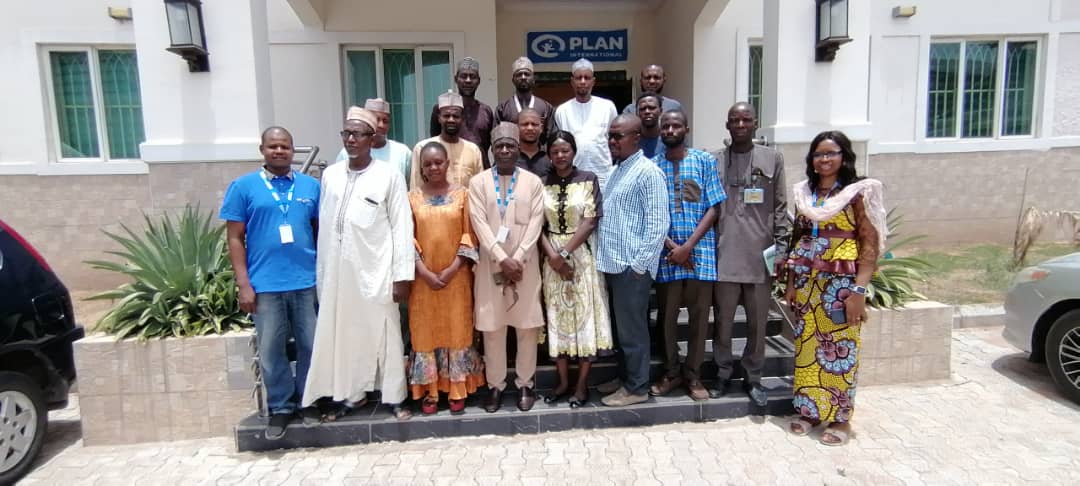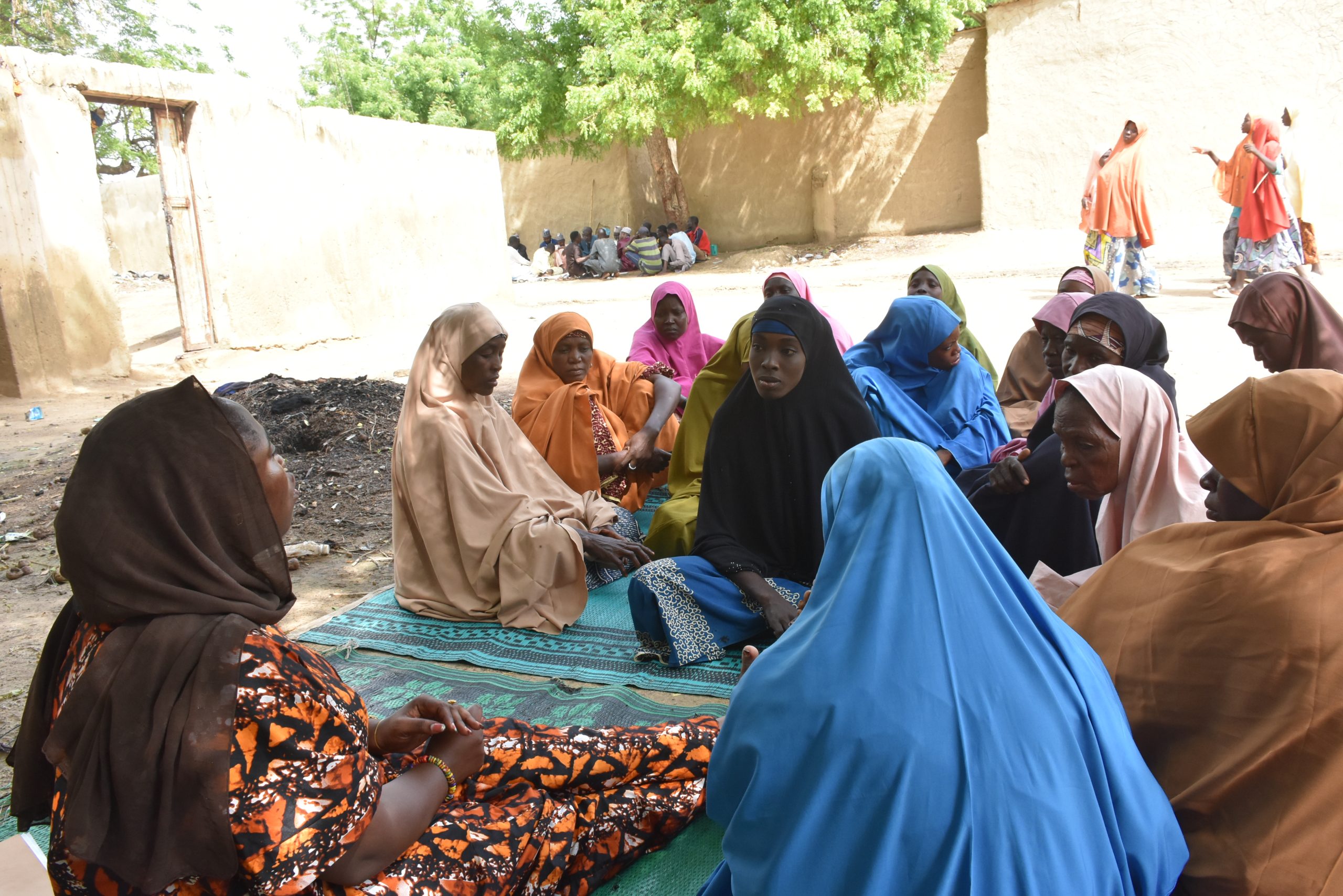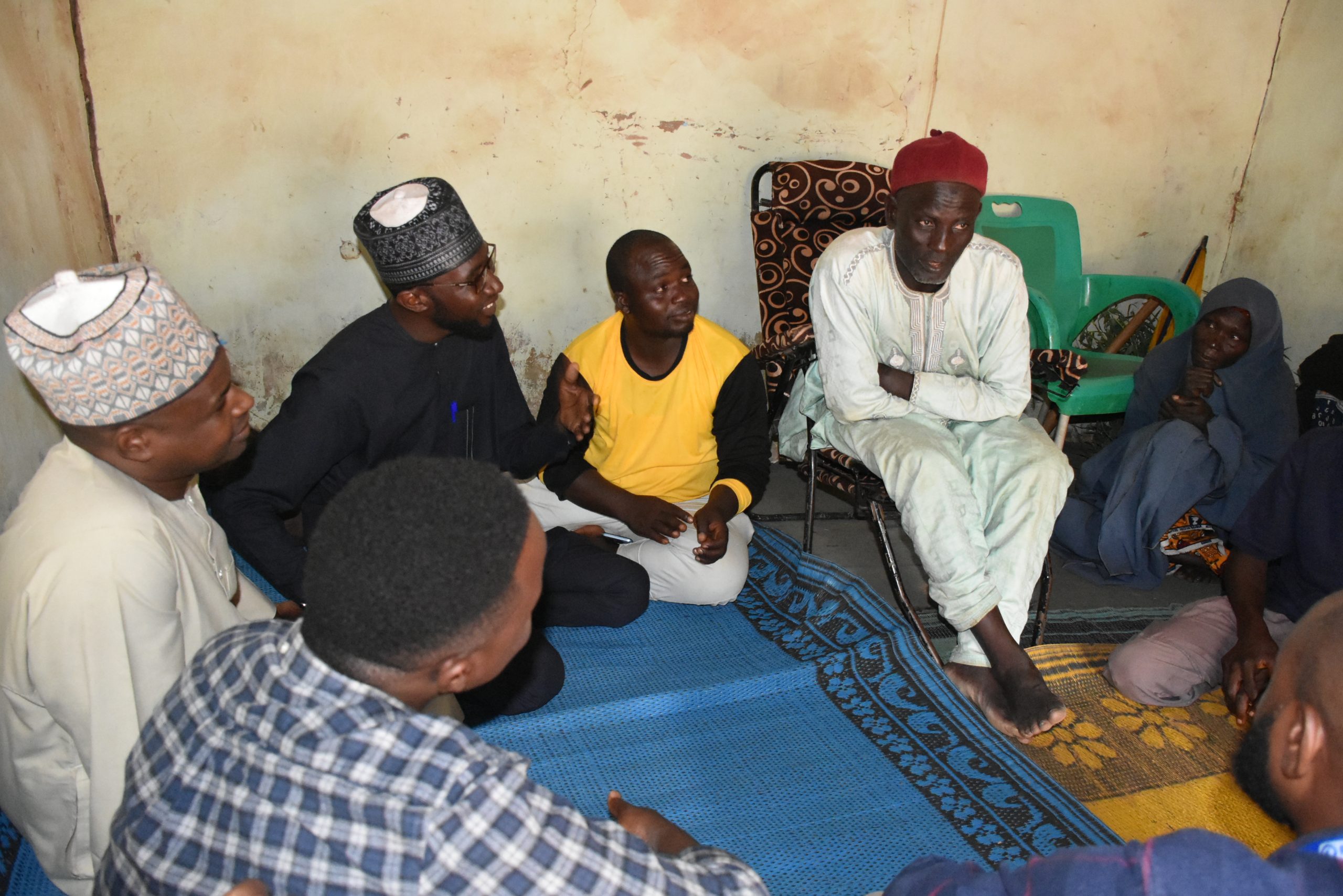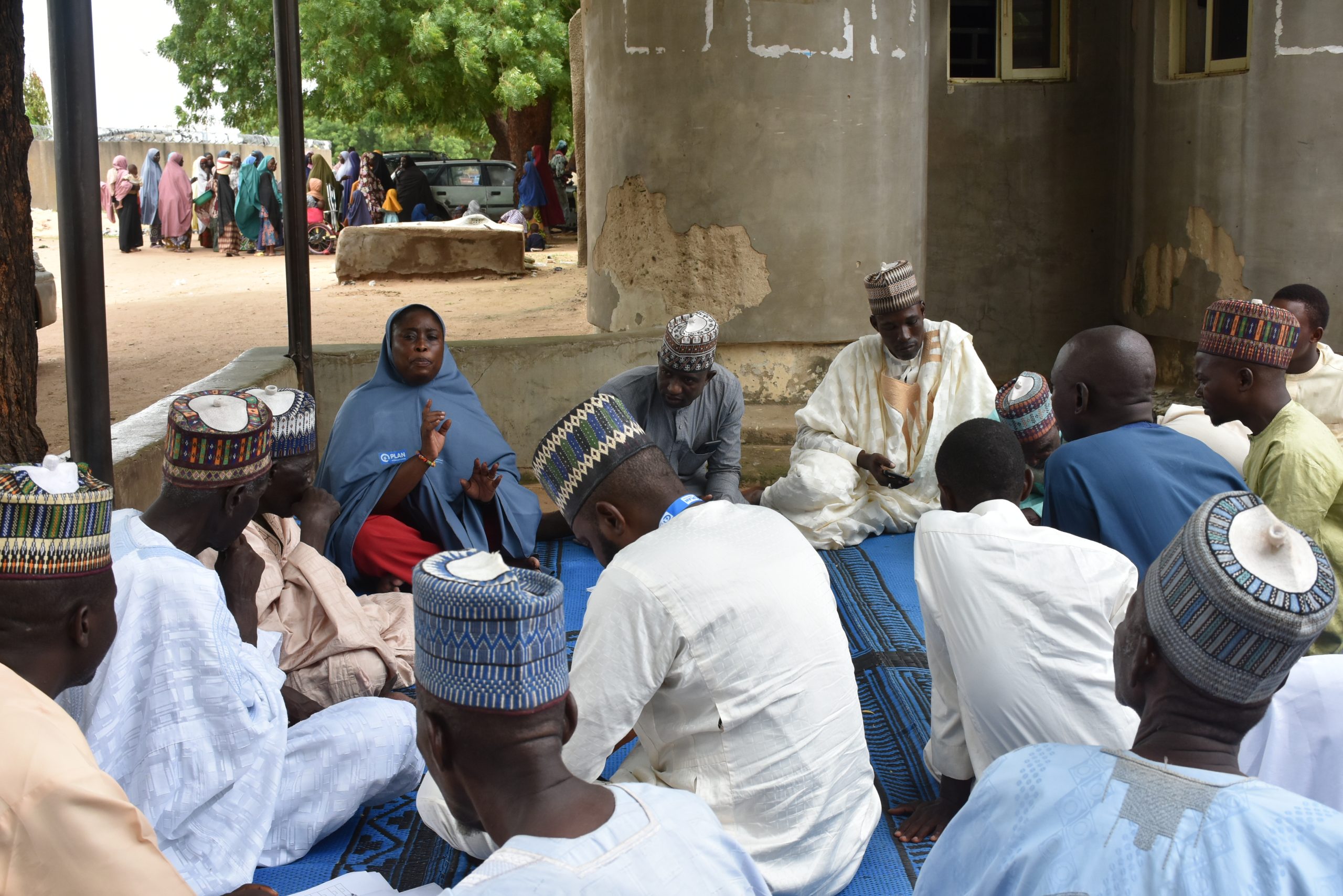Our impact so far
Climate change hazards such as droughts, flooding, landslides, extreme temperatures and erosion are common threats that occur across Nigeria. These disasters have continuously caused displacements, specifically to women and children, damages to infrastructure, and substantial loss of properties, livestock and farming lands.
However, amongst these disasters, there is a collective agreement between practitioners, researchers and stakeholders associated with flood disasters, that flooding is the most devastating and consistently occurring climate change hazard in Nigeria. In 2022, the Nigerian government reported that the economic loss caused as a result of flooding incidences was N4.2tn ($2.8bn).
As part of the Zurich Climate Resilience Alliance, Plan International Nigeria will focus on policy support and influencing, capacity building and evaluation of behavioural change all towards promoting an understanding in Early Warning Systems, Disaster Risk Management and Disaster Risk Reduction in the communities of Adamawa and Yobe State.
This project is in line with Plan International’s global strategy that seeks to achieve gender transformation regarding girls and women's participation in the analysis of climate hazard risks such as flooding disasters and building climate resilience.
The future
Programme activities will focus towards capacity building, policy influencing and enhancing inter-agency cooperation at the three different levels of governments in Nigeria.
Data acquired through gap analysis will be utilized to develop activities that intend to build community resilience towards flooding and riverine disasters along with other identified climate hazards in the selected communities. For instance, activities will be designed to examine the coping mechanism of women affected by climate hazards.






